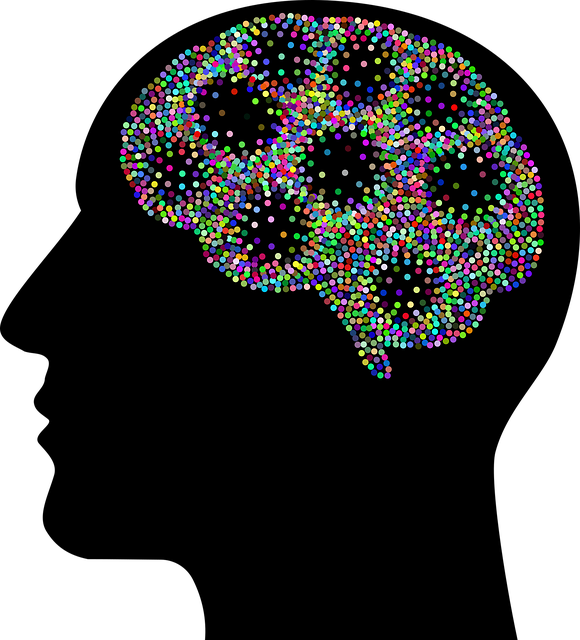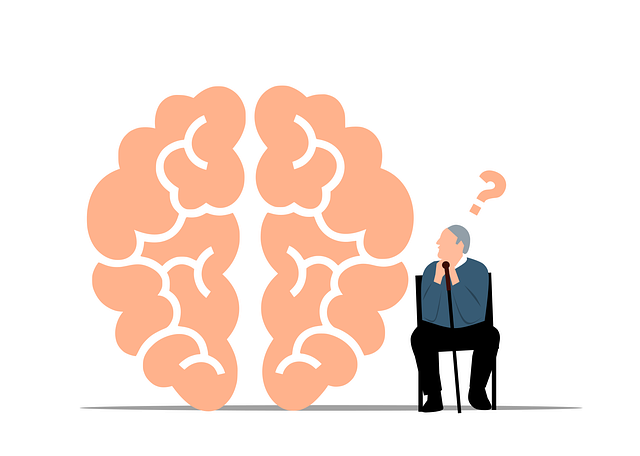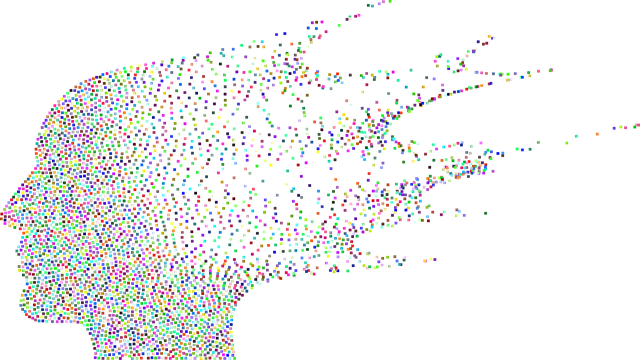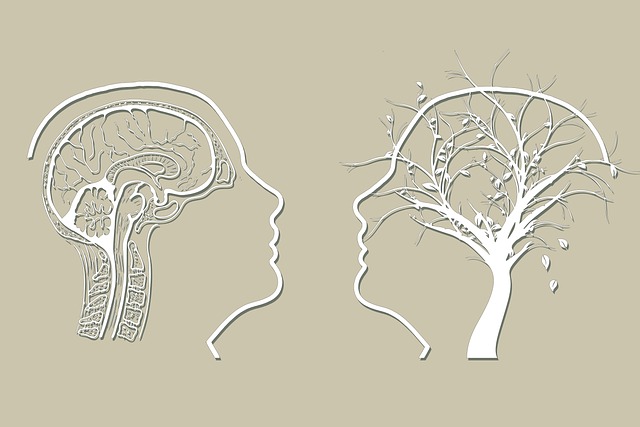Loss, grief, and bereavement are complex emotional journeys varying greatly among individuals. After a loved one's passing, people typically experience a mix of feelings like sadness, anger, guilt, and relief. Counseling at Longmont Conduct Disorder Therapy centers provides a safe space to process grief through skilled therapists. These centers specialize in empathy building and self-awareness exercises tailored to individual needs, helping clients confront and articulate their emotions. By fostering understanding and guiding them through sorrow, counseling empowers healthy coping mechanisms, prevents burnout, and promotes resilience during life's transitions. Longmont Conduct Disorder Therapy offers a compassionate, comprehensive approach to healing from loss, providing solace, processing losses, and building resilience.
Loss, grief, and bereavement counseling are essential tools for navigating the emotional journey that follows a significant loss. This article explores these complex topics, providing insights into understanding loss, managing grief, and the critical role counseling plays in healing processes. We delve into the therapeutic support offered by Longmont Conduct Disorder Therapy, showcasing its unique approach to helping individuals heal from profound emotional pain. By understanding these aspects, folks can find solace and begin their path to recovery.
- Understanding Loss, Grief, and Bereavement: The Emotional Journey
- The Role of Counseling in Navigating Difficult Times
- Longmont Conduct Disorder Therapy: A Supportive Approach for Healing
Understanding Loss, Grief, and Bereavement: The Emotional Journey

Loss, grief, and bereavement represent a complex emotional journey that varies greatly from person to person. Understanding these processes is essential for anyone seeking support through Longmont Conduct Disorder Therapy or other mental health services. When a loved one passes away, individuals often experience a myriad of feelings, including sadness, anger, guilt, and even relief, sometimes all at once. This initial phase is commonly known as the “shock” stage, where reality sets in slowly, allowing the brain to process the profound change in their lives.
As time progresses, grief evolves into a deeper understanding of the loss and its impact on daily life. The grieving process isn’t linear; it involves cycles of intense emotions and periods of relative calm. Mental Health Policy Analysis and Advocacy highlights the importance of social support during these times, as sharing feelings with trusted individuals or participating in mental wellness journaling exercises can be therapeutic. Despite the challenges, recognizing that healing is possible paves the way for coping mechanisms to emerge, helping one navigate through the intricate landscape of grief until they find a new sense of equilibrium.
The Role of Counseling in Navigating Difficult Times

In times of profound loss and bereavement, counseling offers a lifeline for individuals navigating difficult emotions. It provides a safe space to process grief, fostering empathy and understanding through skilled therapists who can guide one through the intricate labyrinth of sorrow. Longmont Conduct Disorder Therapy centers often specialize in this area, offering tailored support with proven empathy building strategies and self-awareness exercises. By helping individuals confront and articulate their feelings, counseling empowers them to cope healthily, preventing burnout and promoting resilience as they navigate life’s challenging transitions.
Longmont Conduct Disorder Therapy: A Supportive Approach for Healing

In Longmont, Conduct Disorder Therapy offers a supportive and compassionate approach to healing from loss, grief, and bereavement. This specialized counseling service is designed to help individuals navigate the complex emotions that often accompany significant life changes and losses. Through a holistic process, therapists foster an environment of understanding and empathy, allowing clients to express their feelings freely without judgment.
The Longmont Conduct Disorder Therapy program incorporates evidence-based techniques tailored to address the unique needs of each client. By focusing on risk assessment for mental health professionals and implementing community outreach program initiatives, this therapeutic approach not only supports individuals experiencing grief but also boosts their confidence in managing challenging emotions. This holistic support system enables clients to find solace, process their losses, and ultimately, begin their journey towards healing and resilience.
Loss, grief, and bereavement can be overwhelming, but Longmont Conduct Disorder Therapy offers a supportive approach for healing. By understanding the emotional journey of loss, counseling plays a crucial role in navigating these difficult times. This therapeutic method provides individuals with the tools to process their emotions, find solace, and gradually rebuild their lives after profound tragedy.














